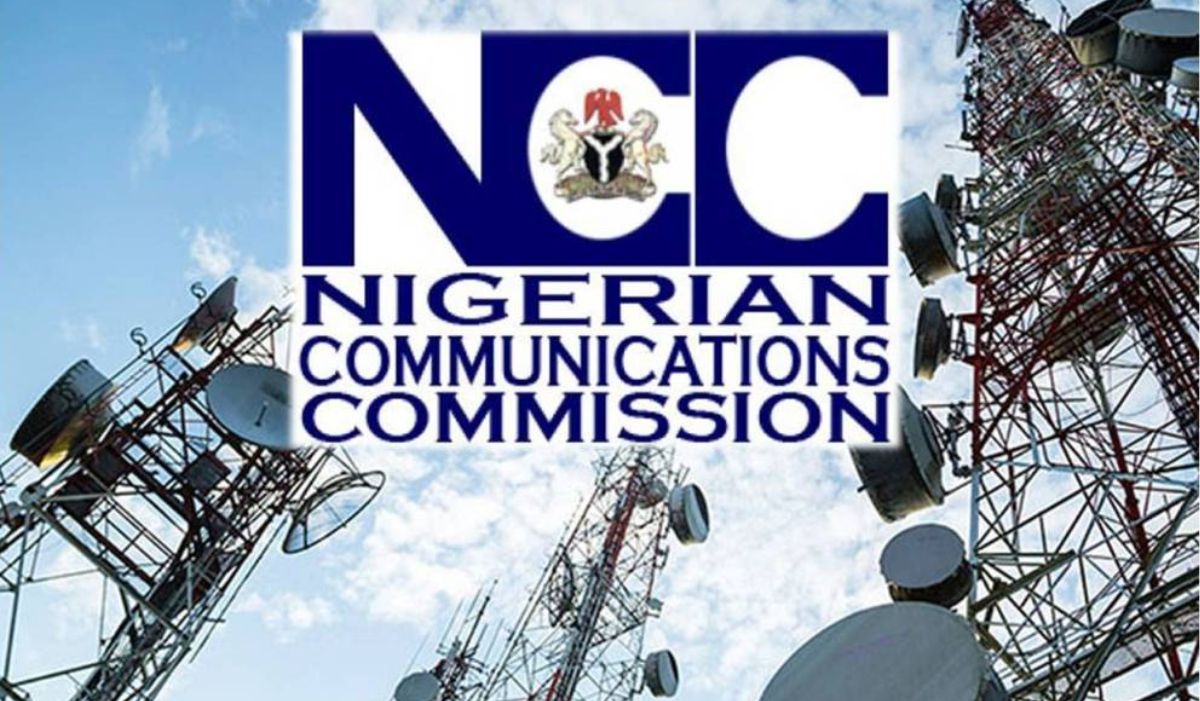NCC Unveils Stricter Corporate Governance Code for Telecom Industry

In a bid to tighten oversight and ensure accountability in Nigeria’s telecommunications industry, the Nigerian Communications Commission (NCC) has introduced a new, more stringent corporate governance framework for telecom operators.
Unveiling the 2025 Guidelines on Corporate Governance at an event in Lagos, NCC’s Executive Vice Chairman, Dr. Aminu Maida, described the reforms as critical to future-proofing the sector against operational and regulatory risks.
“Corporate governance is no longer a soft requirement. It is now a strategic imperative, especially in a sector central to Nigeria’s digital future and vulnerable to cybersecurity threats, energy shocks, climate risks, and rising consumer demands,” Maida said.
Key provisions of the guidelines include mandatory separation of board leadership roles, requiring distinct individuals to serve as Chairman and CEO. Telecom boards must also include a mix of executive, non-executive, and independent directors with proven ICT and cybersecurity expertise.
The NCC has further mandated telecom companies to institutionalise internal audit structures and implement formal risk assessment systems.
“Operators must empower internal audits and submit both mid-year and annual compliance reports, which must be certified by their boards,” Maida added.
He said NCC’s internal assessments showed that firms with strong governance models consistently outperform peers in financial management, service delivery, and compliance metrics.
“Companies with robust governance frameworks consistently outperformed their peers in service delivery, financial management, and regulatory compliance,” he said.
While acknowledging that the reforms may pose transitional challenges, Maida emphasised their long-term value for business growth and public trust.
With over 150 million telecom subscribers in Nigeria, the sector remains a cornerstone of the national digital economy, enabling services across finance, healthcare, education, and government.
Implementation of the new code will be phased based on operator licence categories, but Maida issued a firm warning: “Operators must view this not as a regulatory burden, but as a blueprint for long-term value creation. Where there is non-compliance, the Commission will not hesitate to apply sanctions after the remediation window closes,” he said.
Legal luminary Prof. Fabian Ajogwu, who led the drafting of the original 2014 telecom governance code, commended the NCC’s move to update the rules to address modern realities such as artificial intelligence, cybersecurity, and ESG frameworks.
Titus Osavwe, Coordinating Director at the Financial Reporting Council of Nigeria (FRCN), also praised the initiative as a key milestone in promoting transparency and investor trust in the sector.
The NCC reaffirmed its commitment to ongoing engagement, capacity-building, and support for stakeholders as the new governance standards take effect.





